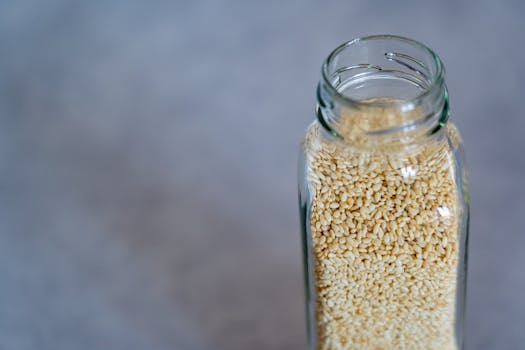Nutritional Strategies to Slow Down Aging
The quest for the proverbial fountain of youth has been a human preoccupation since time immemorial. In the modern world, this pursuit has taken on new dimensions, with science and nutrition at the forefront. The secret to longevity and vitality may not be as elusive as once thought, thanks to recent scientific discoveries that underscore the remarkable power of nutrition in mitigating the effects of aging.

This article delves into an array of dietary strategies that promise more than just a youthful glow, shedding light on how what we eat can significantly influence our biological clocks.
Aging is an inevitable part of life, but how we age is largely within our control. The food we consume plays a crucial role in determining not just our physical health, but also the rate at which we age. Nutritional strategies aimed at slowing down aging focus on optimizing micronutrient intake and exploring the intriguing world of caloric restriction.
Micronutrients, including vitamins and minerals, are essential for maintaining optimal health and slowing down the aging process. They help protect our cells from damage, boost our immune system, and promote healthy skin, among other benefits. A diet rich in fruits, vegetables, whole grains, lean proteins, and healthy fats provides a wide range of these vital nutrients. However, it's not just about what we eat but also how much and when.
Caloric restriction is a dietary strategy that involves reducing daily calorie intake without depriving the body of essential nutrients. Studies have shown that this practice can lead to increased lifespan and improved health markers related to aging. It's believed that caloric restriction works by triggering certain biological processes that help protect against age-related diseases and promote longevity.
In addition to micronutrient optimization and caloric restriction, other nutritional strategies can help slow down aging. These include maintaining a healthy gut microbiome through probiotics and prebiotics, staying hydrated, reducing sugar intake, and consuming antioxidant-rich foods. Each of these strategies contributes to overall health and wellness, helping to keep the body youthful and vibrant.
In a society obsessed with quick fixes and miracle cures, it's important to remember that aging gracefully is a journey, not a destination. It's about making daily habits and long-term health decisions that support our well-being. Nutrition plays a pivotal role in this journey, offering us the tools we need to age well.
The power of nutrition in slowing down aging is undeniable. By making mindful choices about what we eat and how we eat, we can influence our biological clocks in a positive way. This doesn't mean we can stop the clock entirely, but we can certainly slow its pace and enjoy more years of vitality and health.
The key takeaway from this exploration into nutritional strategies for aging is that there's no one-size-fits-all approach. What works for one person may not work for another. It's about finding a balance that works for you, based on your unique needs and lifestyle. This might involve experimenting with different dietary approaches, consulting with healthcare professionals, or even seeking out personalized nutrition advice based on genetic testing.
Ultimately, the goal is not just to live longer but to live better. By harnessing the power of nutrition, we can enhance our quality of life as we age, enjoying more energy, better health, and greater vitality. So while we may not have found the fountain of youth just yet, it seems we're getting closer than ever before – one bite at a time.